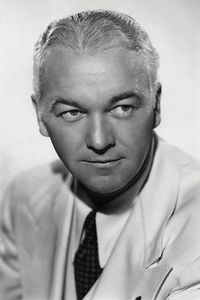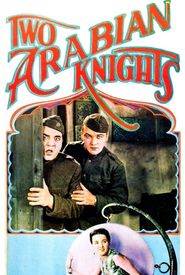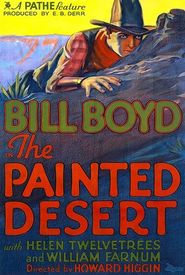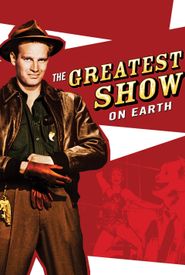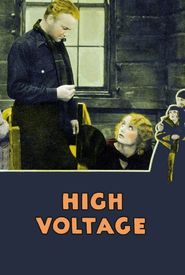William Boyd, the son of a day laborer, relocated with his family to Tulsa, Oklahoma, when he was just seven years old. Tragedy struck when his parents passed away during his early teenage years, forcing him to abandon his education and take on various jobs to make ends meet. He worked as a grocery clerk, surveyor, and oil field worker, among other roles. Boyd's big break came in 1919 when he traveled to Hollywood, already sporting gray hair. He began his career as an extra in Cecil B. DeMille's Why Change Your Wife? (1920) and soon caught the eye of DeMille with his dapper attire.
Boyd's breakthrough role came in The Volga Boatman (1926),where he played the romantic lead, quickly becoming a matinee idol and earning upwards of $100,000 per year. However, the decline of silent films left him without a contract, struggling to find work, and facing financial difficulties. A newspaper article mistakenly featuring Boyd alongside another actor with a similar name, William 'Stage' Boyd, who had been arrested for various charges, further damaged his career.
In 1935, Boyd was offered the lead role in Hop-a-Long Cassidy (1935),which was originally a pulp-fiction character. Boyd transformed the character into a more wholesome figure, ensuring that "Hoppy" didn't engage in smoking, drinking, chewing tobacco, or swearing, rarely kissed a girl, and let the bad guy draw first. By 1943, Boyd had produced and starred in 54 "Hoppies" for his original producer, Harry Sherman, and after Sherman dropped the series, Boyd went on to produce and star in 12 more on his own.
The series was a massive success, with all productions recouping at least double their production costs. In 1948, Boyd made a shrewd move by buying the rights to all his pictures, selling his ranch to raise the necessary funds, just as television was looking for Saturday morning Western content. He capitalized on the popularity of "Hoppy" by marketing various products, including lunch boxes, toy guns, cowboy hats, and receiving royalties from comic books, radio, and records.
Boyd retired to Palm Desert, California, in 1953. In 1968, he underwent surgery to remove a tumor from a lymph gland and subsequently refused all interview and photograph requests.
